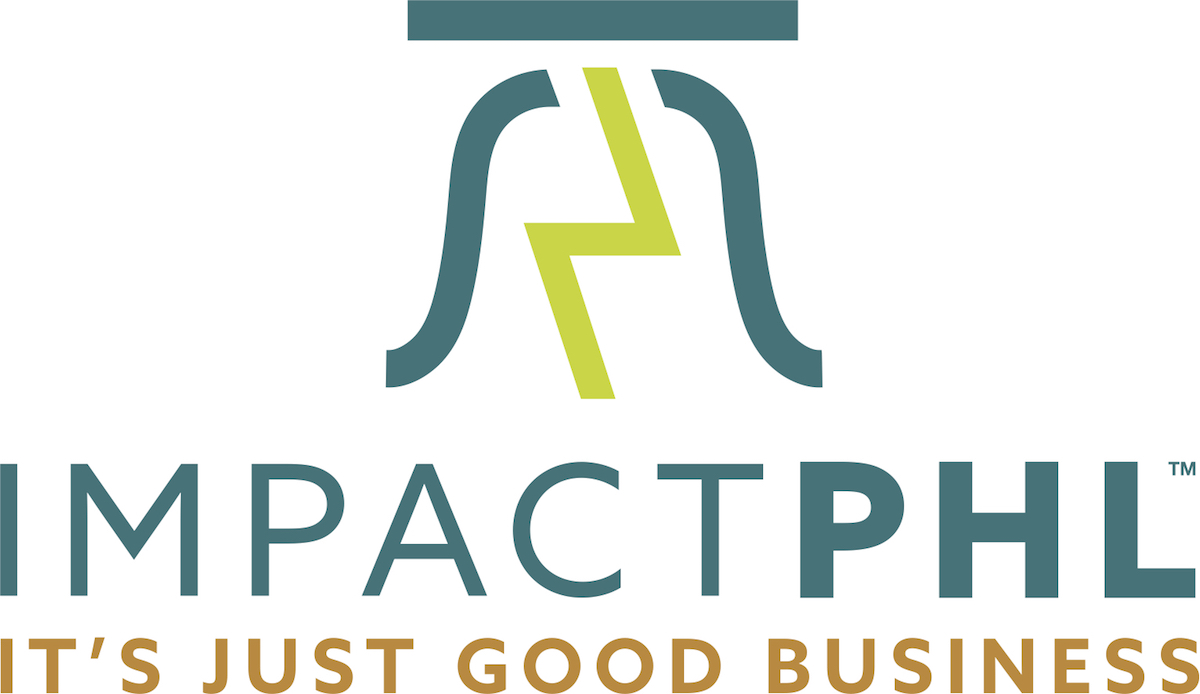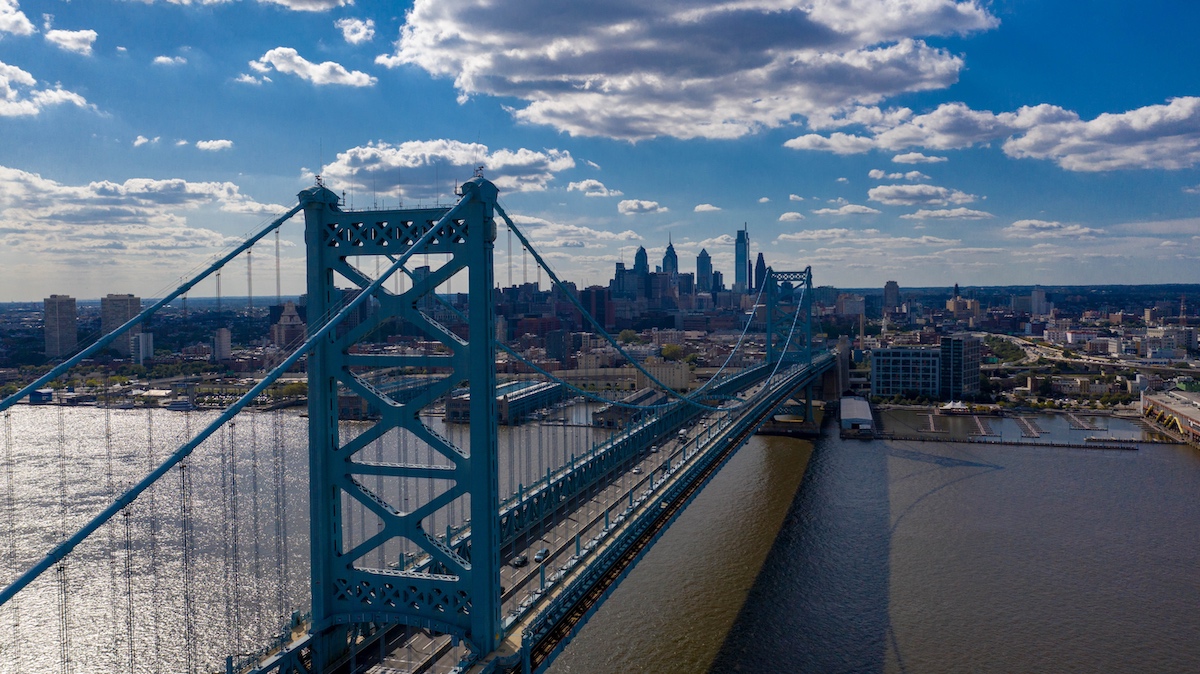
This essay was originally published via ImpactPHL Perspectives, a multi-part series which explores the many facets of the impact economy in Greater Philadelphia from the perspectives of its doers, movers, shakers and agents of change. This version has been edited for style.
There has been exponential growth in ESG — environmental, social and governance — investing over the past few years, and global markets increasingly provide investors with opportunities to generate measurable, beneficial environmental impacts alongside a financial return. However, it can be difficult for place-based environmental investors to find opportunities with verifiable local impact. How would you invest in carbon sequestration if you wanted to maximize your investment’s benefit in the Philadelphia region?
Place-based conservation investment
William Penn Foundation, being a place-based funder, has been thinking about how to develop opportunities for more conservation impact investing in our region. The Foundation created the Watershed Protection Program in 2013 to help create the conditions for the Delaware River watershed to become and remain swimmable and fishable over the long term, and we are now using program-related investments in addition to grants to accelerate work in the watershed.
Program-related investments
Program-related investments (PRIs) are investments made by foundations to support charitable purposes, with the explicit understanding that those investments will earn below-market returns, adjusted for risk and mission. Although a PRI is not a grant, it can count toward a foundation’s payout requirement in the year a disbursement is made, provided it meets legal conditions outlined by the IRS. PRIs have been described as “the risk capital for social change.”
Recently the Watershed Protection Program made its first PRI — a loan to the Open Space Institute to establish a revolving loan fund for conservation projects in the Delaware River watershed. The Delaware River Watershed Revolving Fund will begin its formal rollout later this winter, providing low-cost financing for conservation projects in the region, particularly for forest protection, regenerative agriculture, green stormwater infrastructure, trails, and environmental centers.
Program-related investments (PRIs) are investments made by foundations to support charitable purposes, with the explicit understanding that those investments will earn below-market returns, adjusted for risk and mission.
The revolving loan fund is the outgrowth of the Foundation’s analysis of potential financing needs in the Delaware River Basin. The assessment indicated the need for low-cost, flexible capital, particularly given the likely increase in federal conservation funding and recovery of state funding programs as the region emerges from COVID-19. Public grant programs at all levels of government contribute substantial funding toward environmental conservation like forest protection, sustainable and regenerative agriculture, and green stormwater infrastructure. But these government grant programs typically provide reimbursement funding only after the project is finished. In the meantime, recipients of those grants need ways to finance their projects.
For example, the Philadelphia Water Department has a grant program to support the installation of green stormwater infrastructure projects on private property. Since the grants are paid out as reimbursements, they are biased toward well-capitalized property owners who can afford to pay for projects upfront and be reimbursed later. Greenprint Partners is a mission-driven green infrastructure firm working with property owners to develop projects for these water department grants. With access to bridge financing, Greenprint Partners can focus on developing projects in disinvested communities.
To cite another example from the watershed, North Jersey Resource Conservation and Development has sought a loan for its efforts to restore 1,250 acres of farmland in the New Jersey Highlands. The loan will bridge the cost of purchasing and applying cover crop seeds for 11 farms in Warren County, NJ. Cover crops such as winter rye and clover germinate after a main crop is harvested and have proven effective in preventing winter soil erosion and reducing cropland sediments from entering streams, which can degrade water quality. The project targets tributaries in an area critical for the conservation of water and ecological resources.
Other environmental projects like creating new urban parks, developing regional trail networks, helping environmental centers better serve their communities, or protecting the region’s forests to preserve water quality and store carbon would all benefit from the availability of low-cost, flexible financing.
Amplifying impact
The reach of this work can grow through the engagement of multiple place-based, environmental impact investors in the region, and we look forward to being part of that. The Delaware River Watershed Revolving Fund will be in experienced hands with the Open Space Institute and will have the potential to expand its impact with more investment. The William Penn Foundation will continue to seek and support the development of opportunities to invest in local environmental impact.
Join the conversation!
Find news, events, jobs and people who share your interests on Technical.ly's open community Slack

Philly daily roundup: Jason Bannon leaves Ben Franklin; $26M for narcolepsy treatment; Philly Tech Calendar turns one

Philly daily roundup: Closed hospital into tech hub; Pew State of the City; PHL Open for Business

A biotech hub is rising at Philadelphia’s shuttered Hahnemann Hospital campus

